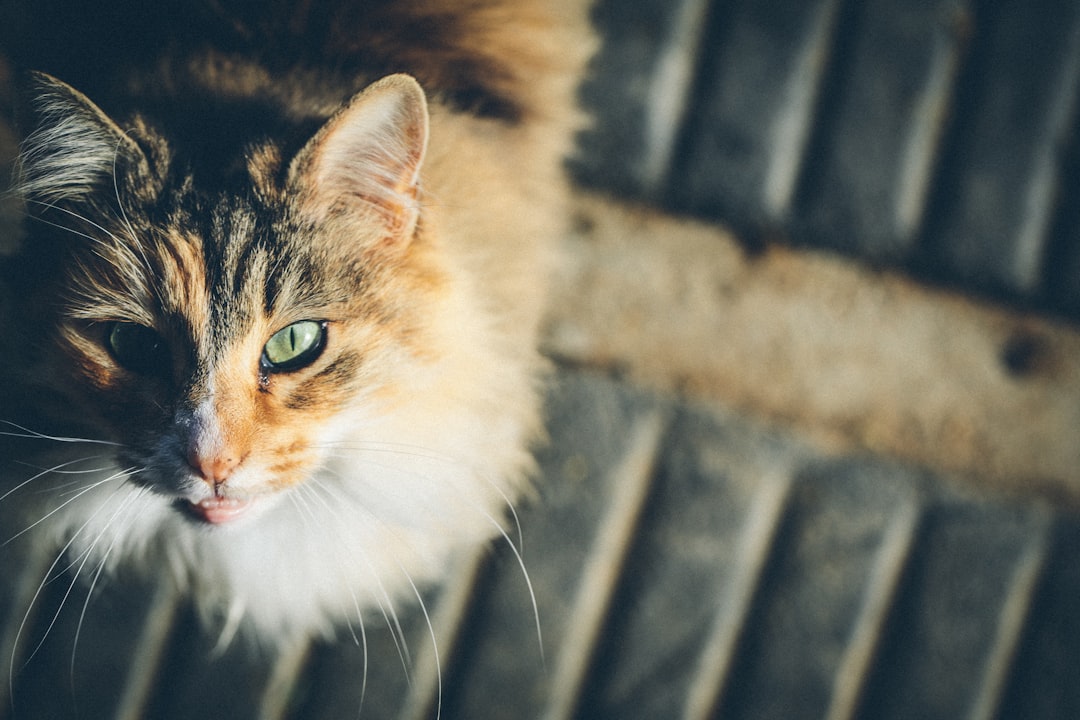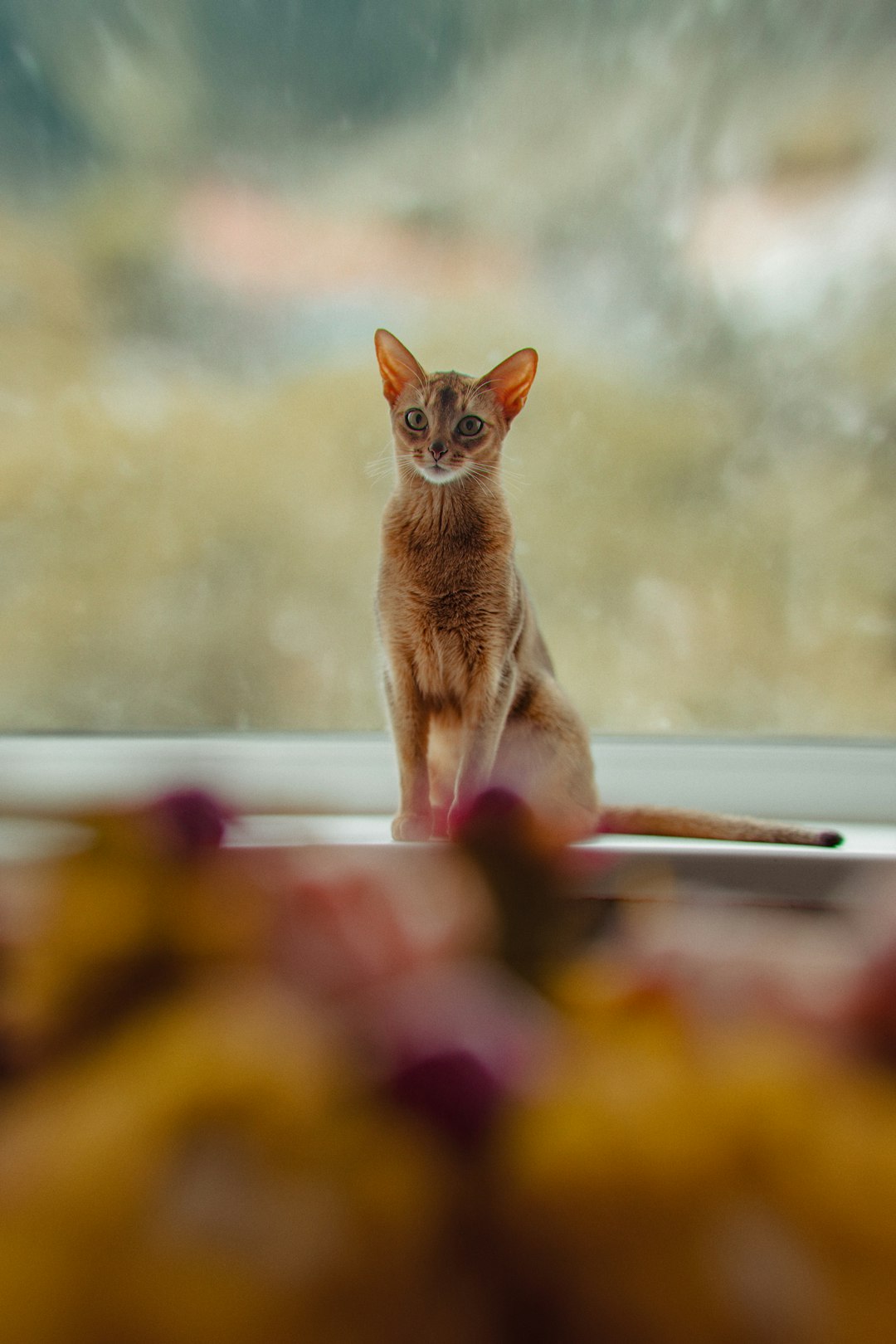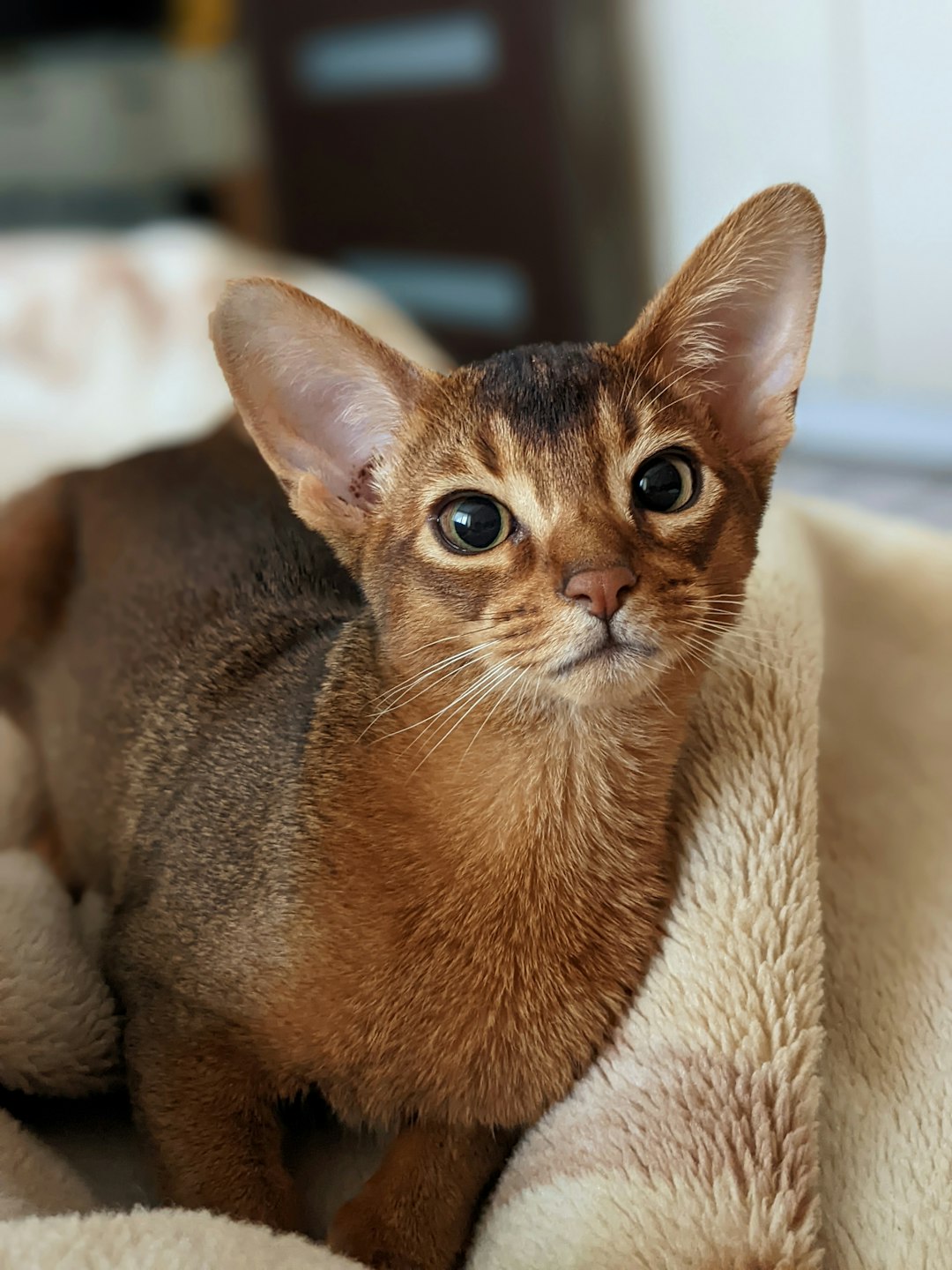Curly haired cats, known for their distinctive spiraled fur, offer a fascinating blend of beauty and charm. Originating from specific breeds like the Cornish Rex and Devon Rex, these unique felines showcase extraordinary physical traits and engaging personality quirks. As you delve into the world of curly haired cats, understanding their grooming needs, health issues, and socialization techniques becomes essential. This guide aims to explore the captivating characteristics of curlies, ensuring that both potential and current owners are well-informed about caring for these delightful companions.
Origin and History of Curly Haired Cats
The fascinating story of the Curly Haired Cat begins in the mid-20th century, when breeders noticed a unique genetic mutation resulting in their distinct curly fur. Here are key points regarding their origin:
First Appearance: The first known curly haired cat, the Cornish Rex, emerged in Cornwall, England, around 1950. This breed featured a short, soft coat that curled tightly around the body.
American Influence: Shortly after, the Devon Rex appeared in Devon, England, with similar traits but distinct differences in body structure and temperament. Both breeds contributed richly to the curly haired lineage.
Breeding Expansion: As breeders began to recognize the unique appeal of curly haired cats, they selectively bred these felines to enhance their unique traits. Today, various breeds, including the LaPerm and the Selkirk Rex, exhibit this curvy coat pattern.
Cultural Recognition: Over time, these cats gained popularity not just for their looks but also for their playful and affectionate nature, making them cherished companions in households worldwide.
Thus, the Curly Haired Cat showcases a remarkable blend of history and genetics, bringing joy and charm to cat lovers today.
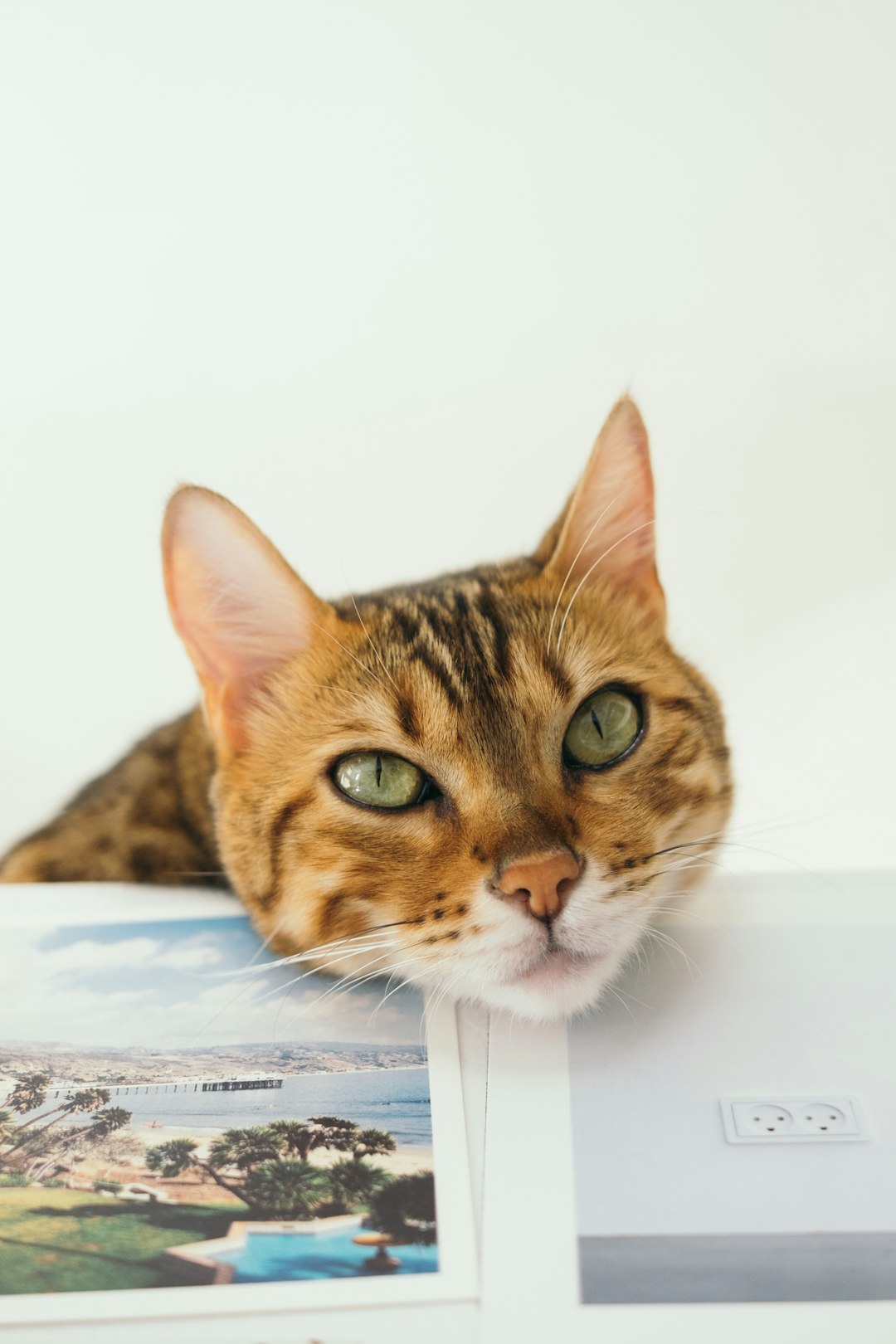
Physical Characteristics of Curlies
Curly haired cats, known for their distinctive features, captivate many cat lovers. Here are some key physical traits that set them apart:
- Curling Fur: The most defining characteristic, their fur has tight curls or waves, which are both unique and soft.
- Body Type: Generally, curly haired cats possess a medium build, showcasing a well-proportioned body.
- Facial Structure: They often have rounded faces and prominent cheekbones, enhancing their adorable appearance.
- Eye Shape: Their large, expressive eyes come in various colors, contributing to their playful and inquisitive look.
| Feature | Description |
|---|---|
| Fur | Curly and plush |
| Body Type | Medium, well-proportioned |
| Facial Structure | Rounded, with high cheekbones |
| Eye Shape | Large and expressive |
Overall, the Curly Haired Cat flaunts a unique combination of traits that make them easily recognizable and beloved by many. These characteristics not only enhance their aesthetic appeal but also reveal their playful and affectionate nature.
Personality Traits of Curly Haired Cats
Curly haired cats, often known for their distinctive coats, also display a range of remarkable personality traits. Understanding these traits can help potential owners bond with these unique felines. Here are some key characteristics:
Affectionate Nature: Curly haired cats are typically very affectionate and enjoy spending quality time with their humans. They often seek cuddles and proximity, creating strong emotional bonds.
Playful Spirit: These cats have a playful demeanor. They engage in various activities, from chasing toys to interactive play sessions, keeping both themselves and their owners entertained.
Curious Explorers: Curly haired cats exhibit a natural curiosity. They love to explore their surroundings, which can lead to some mischievous behavior. Providing them with stimulating environments is essential.
Social Butterflies: Many curly haired cats thrive in social settings. They often get along well with children and other pets, making them excellent companions for families.
In summary, the unique personality traits of a curly haired cat can make them a delightful addition to any home. By understanding their affectionate, playful, curious, and social nature, owners can foster a loving environment in which their furry friend can flourish.
Grooming Needs and Care Tips
Caring for your Curly Haired Cat requires special attention due to their unique fur texture. Regular grooming helps maintain their coat and bond with your feline friend. Here are essential tips for keeping your curly companion in top shape:
- Brushing: Use a soft brush to remove loose hairs and prevent matting. Aim for 2-3 times a week.
- Bathing: Bathe your Curly Haired Cat every 4-6 weeks to keep the coat clean and healthy. Use a gentle cat shampoo that is suitable for their unique fur.
- Nail trimming: Regularly check and trim your cat’s nails to prevent overgrowth and discomfort. Every 2-3 weeks is recommended.
- Ear cleaning: Inspect ears regularly for wax buildup and clean them with a veterinarian-approved solution.
- Dental care: Incorporate dental treats or brushing into their routine to ensure good oral health.
Grooming Checklist
| Grooming Task | Frequency |
|---|---|
| Brushing | 2-3 times a week |
| Bathing | Every 4-6 weeks |
| Nail trimming | Every 2-3 weeks |
| Ear cleaning | As needed |
| Dental care | Daily or weekly |
By following these grooming tips, you’ll help your Curly Haired Cat thrive and maintain a stunning appearance.
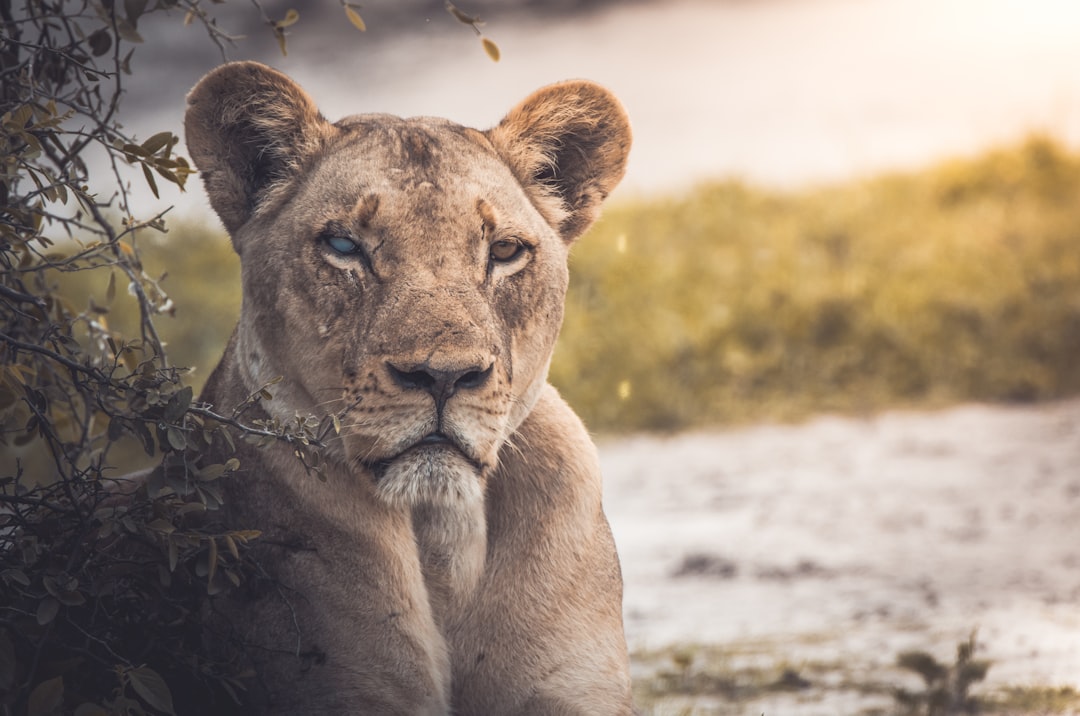
Common Health Issues to Watch For
Owning a Curly Haired Cat comes with unique joys and responsibilities, one of which is being aware of potential health issues. Here are some common conditions to keep an eye on:
Skin Problems: Due to their distinct curls, curly haired cats may experience skin irritations. Regular grooming helps prevent mats that can trap dirt and moisture.
Ear Infections: The unique hair growth in their ears can lead to wax buildup. Ensure you regularly check and clean your cat’s ears to prevent infections.
Dental Diseases: Like many breeds, curly haired cats can be prone to dental issues. Regular vet check-ups and dental care are important to maintain their oral health.
Comparison of Health Issues:
| Health Issue | Prevention Strategies |
|---|---|
| Skin Problems | Regular grooming and bathing |
| Ear Infections | Regular ear checks and cleaning |
| Dental Diseases | Regular dental check-ups and teeth brushing |
By staying informed and proactive, you can maintain your Curly Haired Cat’s health, ensuring they remain a joyful companion for years to come.
Dietary Requirements for Curlies
Feeding your Curly Haired Cat requires special attention to ensure their health and vitality. A balanced diet plays a crucial role in maintaining their unique curly coat and overall well-being. Here are some essential dietary considerations:
High-Quality Protein: Choose cat food with real meat as the primary ingredient. Curly Haired Cats thrive on protein-rich diets that support muscle development and energy levels.
Essential Fatty Acids: Incorporate omega-3 and omega-6 fatty acids to enhance skin and coat health. These nutrients help keep your Curly Haired Cat’s fur soft and silky.
Moderate Carbohydrates: Look for foods with wholesome grains and avoid fillers like corn and wheat. Such carbohydrates provide adequate energy without causing weight issues.
Hydration: Ensure your Curly Haired Cat has access to fresh water at all times. Moisture-rich food can also help keep them hydrated.
| Nutrient | Importance for Curlies |
|---|---|
| Protein | Supports muscle and energy |
| Fatty Acids | Enhances coat and skin health |
| Carbohydrates | Provides balanced energy |
| Water | Aids in hydration and digestion |
By providing a diet tailored to the needs of your Curly Haired Cat, you’ll contribute to their long-term health and happiness. Always consult your vet for personalized recommendations.
Training and Socialization Techniques
Training your curly haired cat requires patience and an understanding of their unique personality traits. Here are some effective techniques to consider:
Positive Reinforcement: Use treats and praise to reward desired behaviors. This approach encourages your curly haired cat to repeat actions that elicit positive responses.
Short Training Sessions: Cats have short attention spans. Keep training sessions brief (5-10 minutes) to maintain your pet’s engagement and interest.
Socialization Opportunities: Introduce your curly haired cat to various environments and people. This exposure helps them become well-adjusted and confident.
Play-Based Learning: Incorporate toys into training, as play motivates cats. For example, use wand toys to teach your cat to jump or come when called.
Routine and Consistency: Establish a regular training schedule. Consistency helps your curly haired cat understand what is expected, making learning easier.
Comparison of Training Techniques
| Technique | Pros | Cons |
|---|---|---|
| Positive Reinforcement | Builds trust; enhances bond | Requires patience |
| Short Sessions | Keeps cat engaged | May slow progress |
| Socialization | Reduces fear; builds confidence | Can overwhelm some cats |
| Play-Based Learning | Makes training fun; encourages play | Limited attention on skills |
| Routine and Consistency | Establishes trust; eases learning | Requires commitment |
By using these techniques, you can ensure your curly haired cat grows into a well-behaved companion, enhancing your bond together.
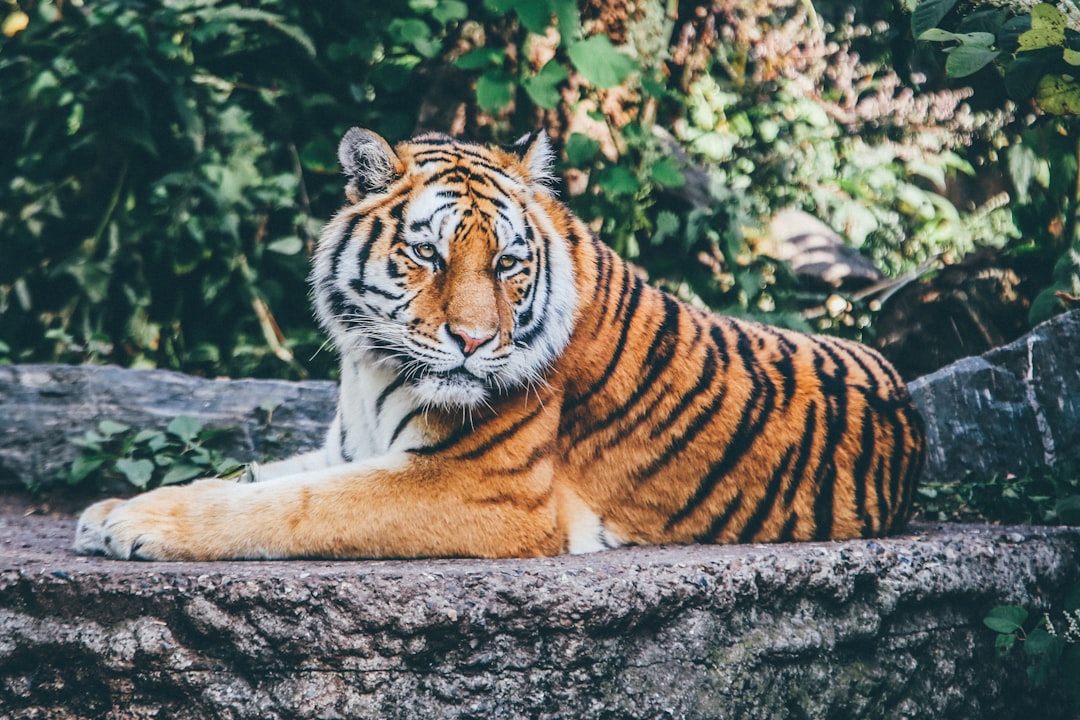
Choosing the Right Environment for Your Curly Haired Cat
Creating an ideal environment for your Curly Haired Cat is essential for their well-being and happiness. Consider the following factors to provide the best living space:
Safety First: Ensure that your home is free from toxic plants and hazardous items. Curly haired cats are naturally curious, so securing cords and small objects out of reach is vital.
Comfort Zones: Provide cozy, private spaces for your cat to retreat. Soft beds or cat trees can offer the perfect hideaways where they feel safe.
Interactive Play Areas: Invest in toys that stimulate your Curly Haired Cat’s hunting instincts. Include climbing structures and scratching posts to encourage exercise.
Sheltered Outdoor Access: If possible, create a secure outdoor space or use a catio. This allows your Curly Haired Cat to enjoy fresh air while remaining safe from dangers.
Routine and Stability: Cats thrive on routine. Maintain a consistent feeding schedule, playtime, and quiet hours to help your Curly Haired Cat feel secure in their environment.
By focusing on these elements, you’ll create a nurturing space where your Curly Haired Cat can thrive.
Frequently Asked Questions
What are the key characteristics of curly haired cats?
Curly haired cats, commonly known as Curlies, stand out due to their unique coat of fur that forms distinct curls rather than the typical straight hair seen in most cat breeds. This distinctive feature is a result of a genetic mutation which affects the structure of the hair follicles. Curlies are often known for their soft, wave-like curls which not only create an eye-catching appearance but also contribute to their hypoallergenic qualities. Additionally, these cats tend to have an affectionate temperament, making them great companions.
Are curly haired cats hypoallergenic?
Yes, curly haired cats are often considered hypoallergenic, which is one of their appealing aspects for those who suffer from allergies. Their unique coat type helps to reduce the amount of cat dander and hair that is shed into the environment. The genetic mutation responsible for their curly fur leads to a less frequent shedding of hair, which in turn can lower the overall allergen exposure. However, it’s important to note that no cat is completely hypoallergenic, and individual reactions can vary based on personal sensitivities.
How should I care for a curly haired cat?
Caring for a curly haired cat involves regular grooming to maintain the health and appearance of their unique coat. Due to their curly fur, it’s advisable to brush them at least once a week to prevent matting and tangles. Using a wide-tooth comb or a slicker brush can help manage their curls without damaging the fur. Additionally, regular baths can keep their coat clean and ensure optimal skin health. Furthermore, ensuring a balanced diet, regular veterinary check-ups, and providing a stimulating environment is essential for their overall well-being.
What are common health issues in curly haired cats?
Like any breed, curly haired cats can face specific health issues. One of the most notable concerns is related to their unique coat, which can predispose them to skin conditions if not properly cared for. It is crucial to monitor their skin health and consult a veterinarian if any unusual signs arise. Additionally, Curlies may be susceptible to certain genetic conditions associated with their specific breed. Regular veterinary check-ups are important to detect potential health issues early, allowing for timely intervention and care.

